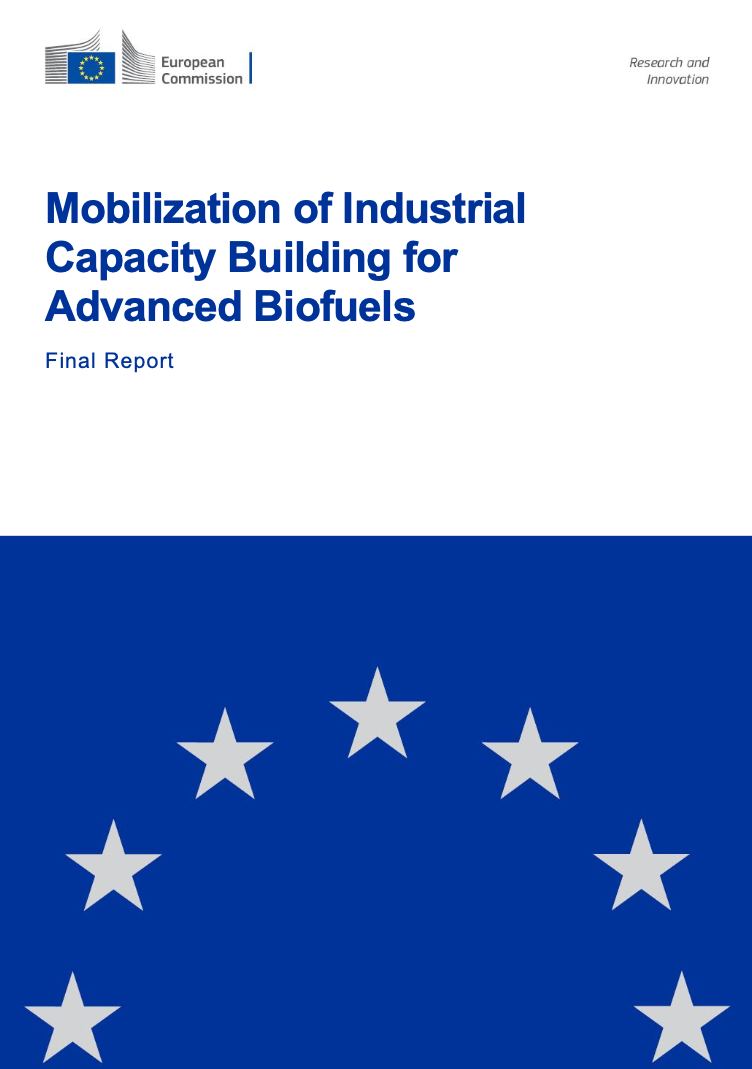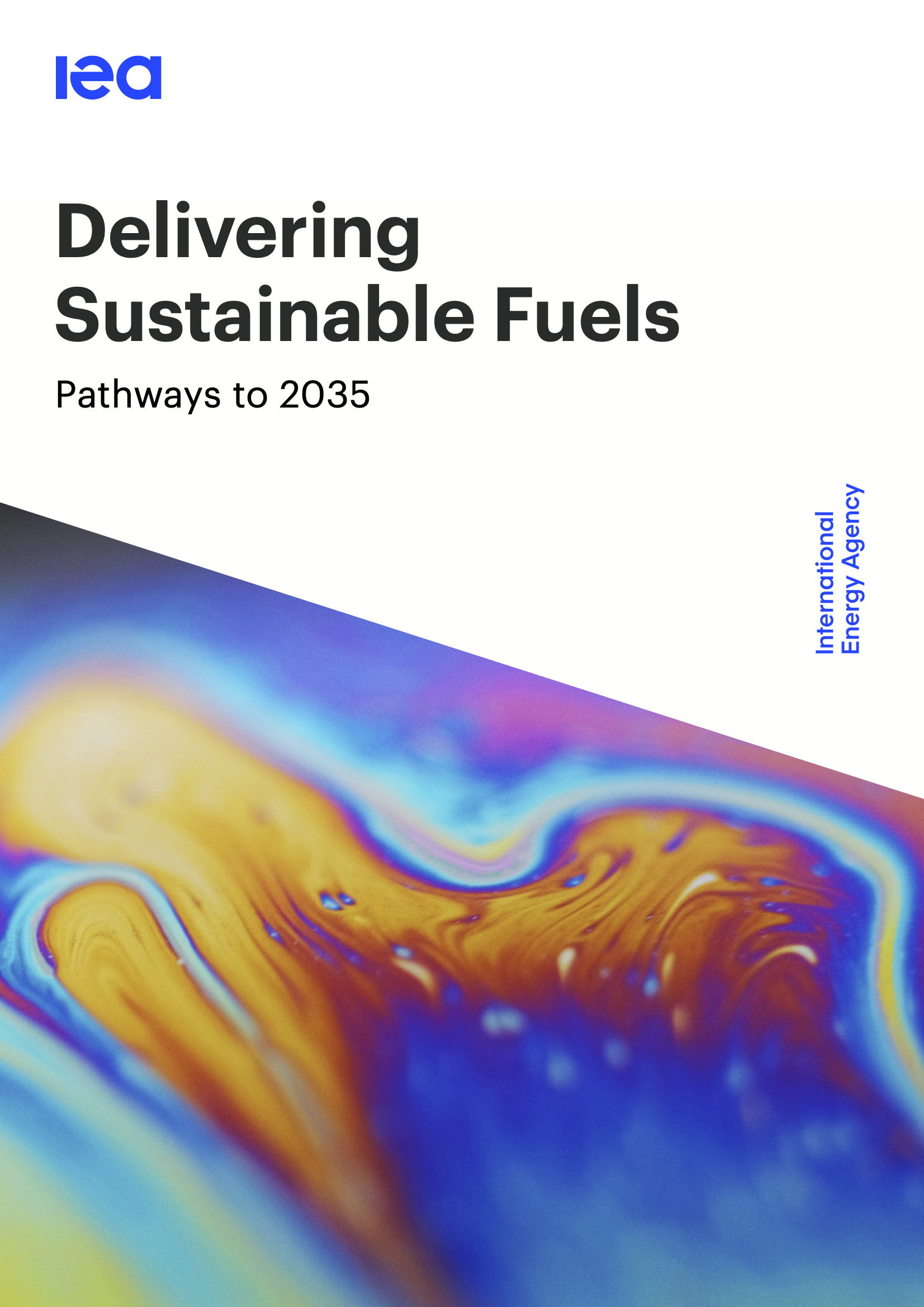IEA: Delivering Sustainable Fuels: Pathways to 2035

The International Energy Agency (IEA) has released its latest report, “Delivering Sustainable Fuels – Pathways to 2035”, exploring how renewable liquid and gaseous fuels can accelerate the transition toward a low-carbon energy system.
This publication is the fourth in a series of IEA reports focusing on the role of sustainable fuels in the energy transition. Together, these studies build a comprehensive knowledge base for policymakers and industry stakeholders:
1. Towards Common Criteria for Sustainable Fuels (Sep 2024)
2. Carbon Accounting for Sustainable Biofuels (Jul 2024)
3. The Role of E-fuels in Decarbonising Transport (Dec 2023)
4. Delivering Sustainable Fuels – Pathways to 2035 (Oct 2025)
Together, these publications offer a roadmap for how sustainable fuels can complement electrification and renewable energy in achieving global climate goals.
The report’s central message is clear: if current and proposed national and international policies are fully legislated and implemented, the use of sustainable fuels could nearly double by 2030 (compared to 2024 levels) and quadruple by 2035. Such growth would represent a decisive shift toward decarbonising the global transport and industrial sectors, while supporting energy security and diversification.
Expanding the role of sustainable fuels
The IEA identifies sustainable biofuels, e-fuels, and biogas/biomethane as critical components in the energy transition, particularly in hard-to-electrify sectors such as aviation, shipping, and heavy industry. The report highlights that continued policy support, clear sustainability criteria, and international coordination will be essential to achieve this scale-up.
At the same time, the IEA underscores that the sustainable fuels sector must address challenges related to feedstock availability, certification, infrastructure investment, and cost competitiveness. The development of robust markets and common sustainability frameworks will be crucial to unlock global deployment.
By 2035, sustainable fuels could provide a substantial share of the world’s transport and industrial energy demand, cutting emissions and strengthening resilience in energy supply chains. The IEA concludes that scaling up these fuels is not just a technical or economic challenge, but a strategic opportunity — one that requires international commitment and collaboration.
Recente artikelen
PHB presentation at Fuels of the Future conference: Import and green production clusters around port locations | 2026

Launch of the Belém Commitment for Sustainable Fuels | 2025

EC DG Research: Mobilization of Industrial Capacity Building for Advanced Biofuels | 2026


